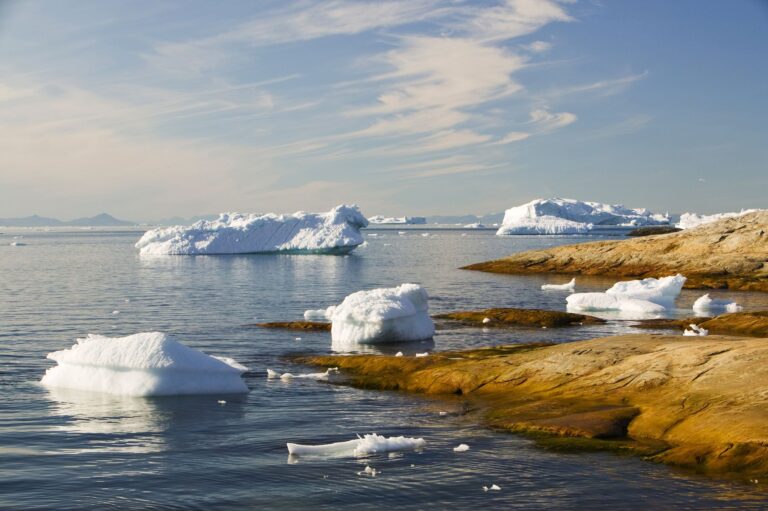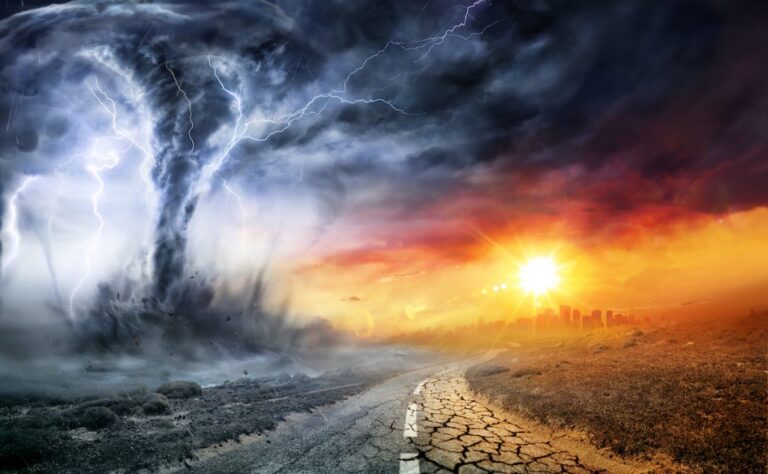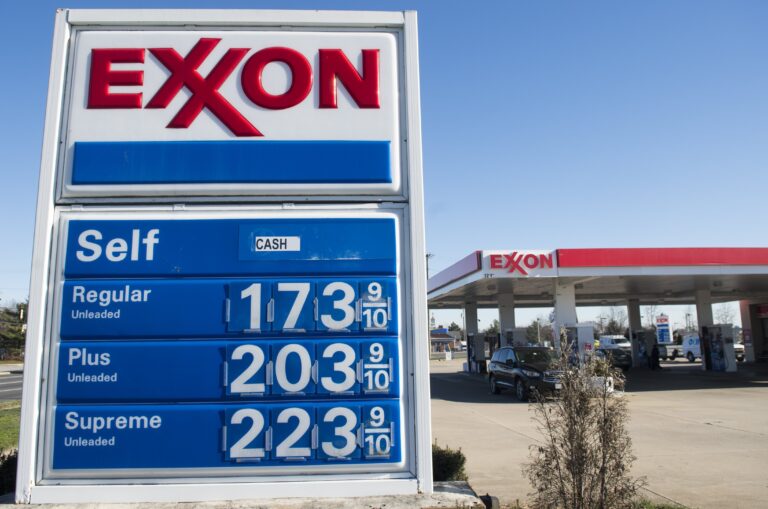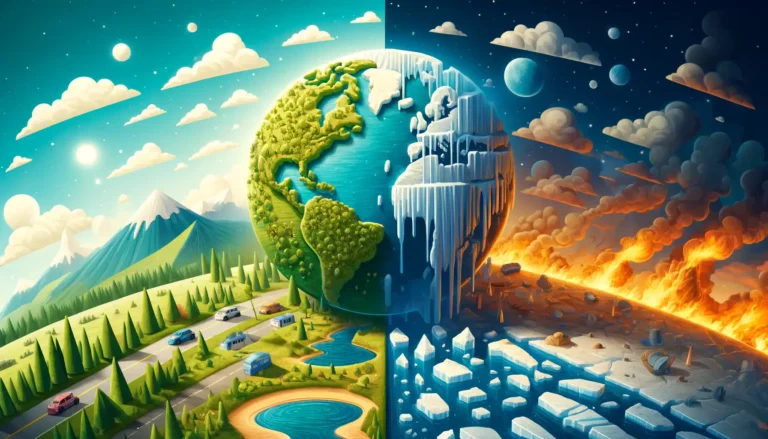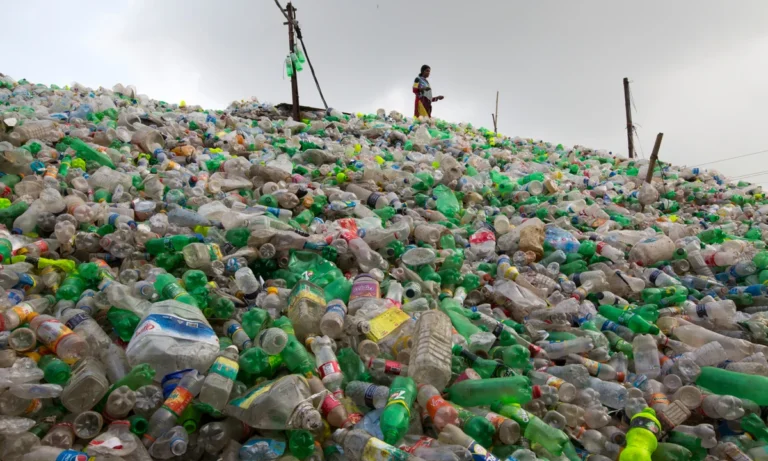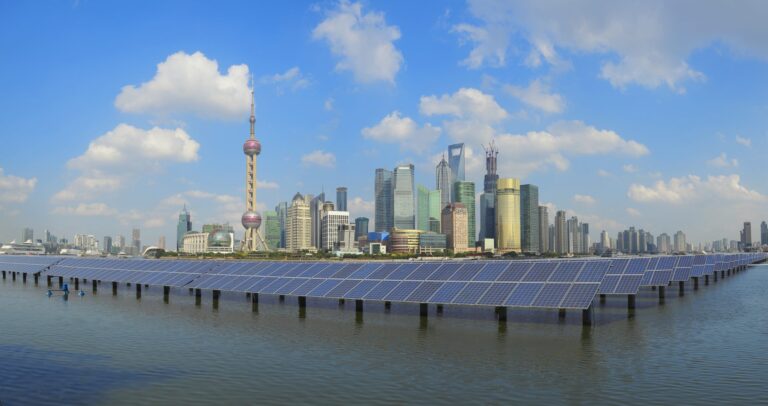Brrrr…. Arctic Blast in the U.S. Spurs Fossil Fuel Use and Rising Emissions
Douglas McIntyre, editor-in-chief of Climate Crisis, discusses the environmental impact of an Arctic air blast bringing frigid temperatures to the U.S., with lows hitting zero degrees in some northern cities. The increased use of fossil fuel-based heating due to the cold could drive up emissions, especially since alternative heating solutions remain expensive and difficult to…



